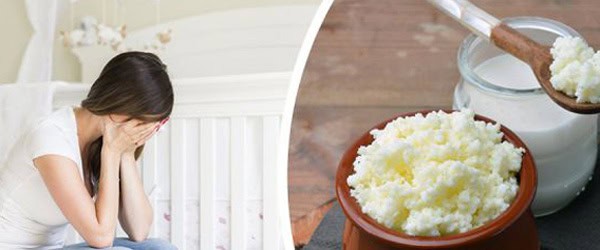London: Besides keeping your gut healthy, consuming a diet rich in probiotics — also called as “good” or “helpful” bacteria — may help protect against depression, finds a mice study.
Probiotics are live bacteria and yeasts that are good for health, especially the digestive system.
The findings showed that rats which lived solely on the fatty diet were found to develop behaviour similar to depression, while the rats receiving the probiotics-enriched drinking water remained neutral in their behaviour.
Further, the rats that did not receive probiotics had an increased number of white blood cells in their brain tissue, which can be a sign of chronic inflammation, and is also seen in the fatty tissues and livers of overweight people and diabetics.
Conversely, these cells were found decreased in the brains of the rats with probiotics in their drinking water.
“This may indicate that one of the things the probiotics do is work to reprogramme the immune system. In this study, the rats offset the consequences of the fatty diet with the help of probiotics, so that they were on par with their peers in the control group,” Anders Abildgaard, researcher at the Aarhus University in Denmark.
“This is a fascinating discovery that supports the conclusion that probiotics, which primarily work in the intestines, also affect the brain. That makes the result interesting for the treatment of depression,” Abildgaard added.
In the study, published in the journal Brain, Behavior, and Immunity, the rats were divided into groups and were fed an extra fatty and fibreless diet, while the other group drank water with probiotics.
After 12 weeks, the researchers observed that the rats on the fatty compound feed without probiotics behaved more depressively when they were given a swimming test.
Although it is difficult to say whether the results can be transferred to people with depression, it is possible to imagine some of the people who suffer from depression benefiting from probiotics, Abildgaard said.
—IANS

